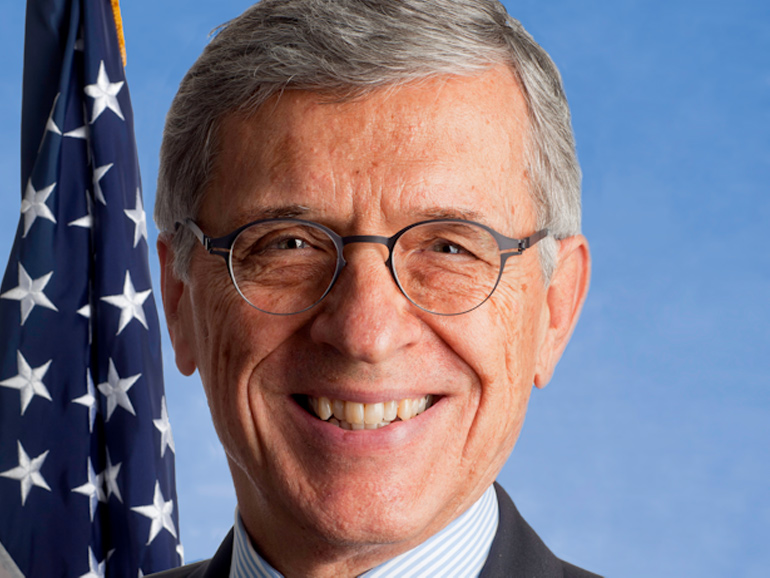FCC proposing monthly broadband subsidies for low-income households

The Federal Communications Commission will submit a proposal to approve a new broadband subsidy for low-income households across the country, a first in what the organization says is a program to narrow what it believes is a technological divide.

The New York Times reports the subsidy proposed will be $9.25 a month for low-income households and has a good chance of passing among the FCC commissioners who hold a democratic majority.
The new plan, which will be put to a vote on March 31, is part of the $2 billion "Lifeline" phone subsidy program that subsidizes mobile phones for the poor.
The Multicultural Media, Telecom and Internet Council applauds the bill, which says the steps proposed by the FCC chairman Tom Wheeler to assist citizens in gaining access to 21st century communications tools while providing additional protections against fraud and abuse.
"Chairman Wheeler's actions today reflect the Commission's dedication to move our nation toward an environment where everyone is guaranteed the opportunity to connect," Kim Keenan, CEO of MMTC, said in 2015. "Americans are increasingly relying on broadband to access education, jobs, healthcare, and other essential services, but a disproportionate number of minorities and economically vulnerable consumers rely on their smartphones to access these services.
"Closing the digital divide and getting everyone connected is critical and the Chairman's actions today are a major step in the right direction."
Some critics of the Lifeline program say its rampant with abuse.
"There are many benefits of broadband...before again expanding the program, we need to consider what problems remain and how we can address them since consumers are funding the program with increasing phone bills," Senator Roger Wicker (R: MI) chairman of the Senate subcommittee on communications, technology, innovation and the Internet, said in 2015 when the proposal was in creation.